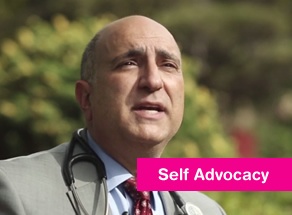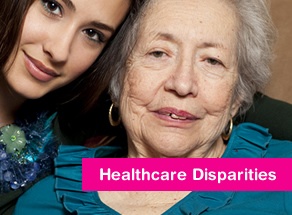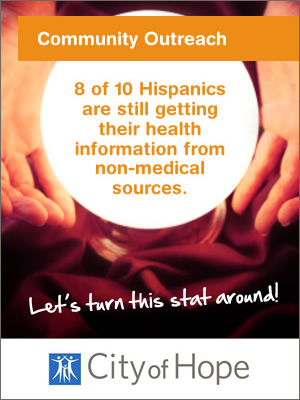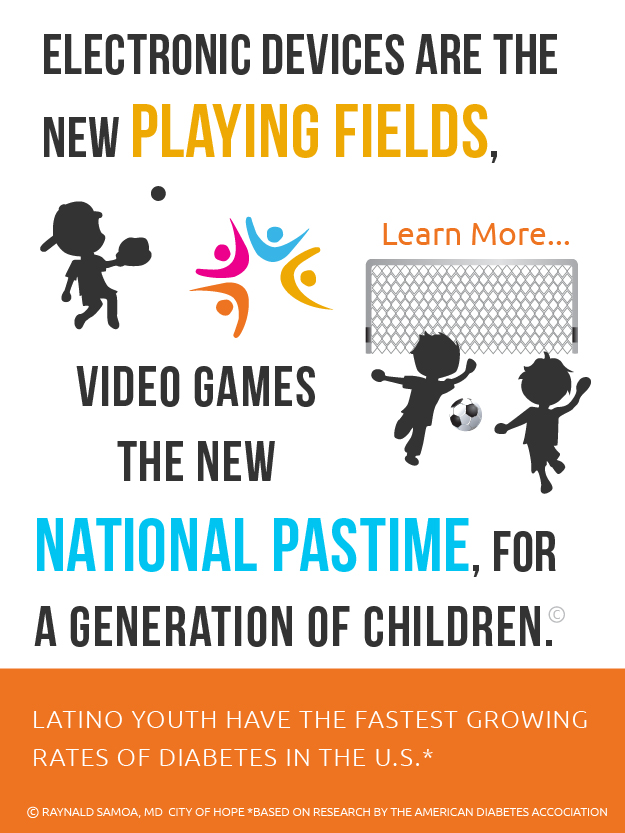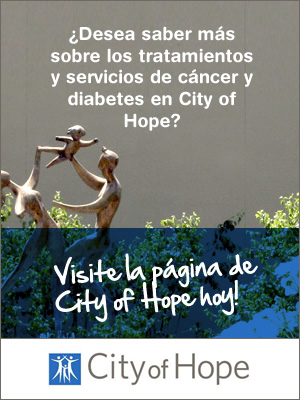Treatment Insights
The Whole Team Approach to Treating the Whole Patient
08/10/2015 04:58pm | 8667 viewsAt the end of her previous article, “Treatment and Research Directions for the Older Cancer Patient,” Arti Hurria, M.D., Director, Cancer and Aging Research Program at City of Hope, was asked: How do you treat the older patient who is isolated and doesn’t have a social support group? The support network of family and friends that a person has provides a crucial role during treatment, but in cases where it is lacking, Dr. Hurria’s whole team approach to treating the whole patient serves as a de facto support system.
Healthcare Disparities
Visiting Doctor from Mexico Shares Efforts in Treating Elderly Cancer Patients – and Lessons Learned at City of Hope
07/10/2015 12:00pm | 10305 viewsAs a geriatric oncologist in Mexico, I’m eager to develop our first geriatric oncology program. The need for such a program has never been greater, as life expectancy in Mexico has been increasing, especially over the last decade. Life expectancy for women has risen to 77 years, and for men to 74 years. And as with any aging population, this means a concurrent increase in the cases of cancer seen in the elderly.
Healthcare Disparities
The Clorox Company: Clorox Hispanic Nurses Network
07/10/2015 06:00am | 10295 viewsMore than half of Hispanic adults in the United States don’t have regular access to a health care provider. Hispanics rely on alternate resources for health care information, like online tools and advice from friends and family members.
Career Management
Strategy is the New Currency for Growth in Healthcare Human Resources
30/09/2015 12:00pm | 16744 viewsFor the past two decades, Human Resource leaders have been playing defense – focusing on policies, procedures and administrative tasks to help mitigate risk and protect the status quo – rather than playing offense with a primary focus on creating value and enabling the advancement of an organization. With the marketplace changing so fast and a demographic shift in full bloom, it’s time for HR leaders to shift their thinking from being transactional to being more strategic.
Healthcare Disparities
Clark County Latino Health Care Initiative Established
29/09/2015 05:00pm | 8021 viewsA new Clark County Hispanic/Latino Health Initiative has been established to improve access to quality medical care for the growing Latino community.
